Post
A catch
Save a catch to start your fishing logbook. You will be able to to share it with the community if yo want!
A fishing trip
Post an ad to go fishing with other fishermen
Save a catch to start your fishing logbook. You will be able to to share it with the community if yo want!
Post an ad to go fishing with other fishermen
Share a thought, a question with the community
My favorite cities
×Join our 13 fishermen and our 2 cofishermen in Hubbard in Hill. The fishing forecast is currently 4.1. The most caught fishes here are the bloater fish, the largemouth bass, the chum salmon and the pacific lamprey. Come try the most famous fishing techniques like the boat fishing for eel, barracuda trolling, angling - using natural bait or fishing with traps.
Our fishing forecast of Hubbard indicates the best time to go fishing in this city.
The Bloater fish
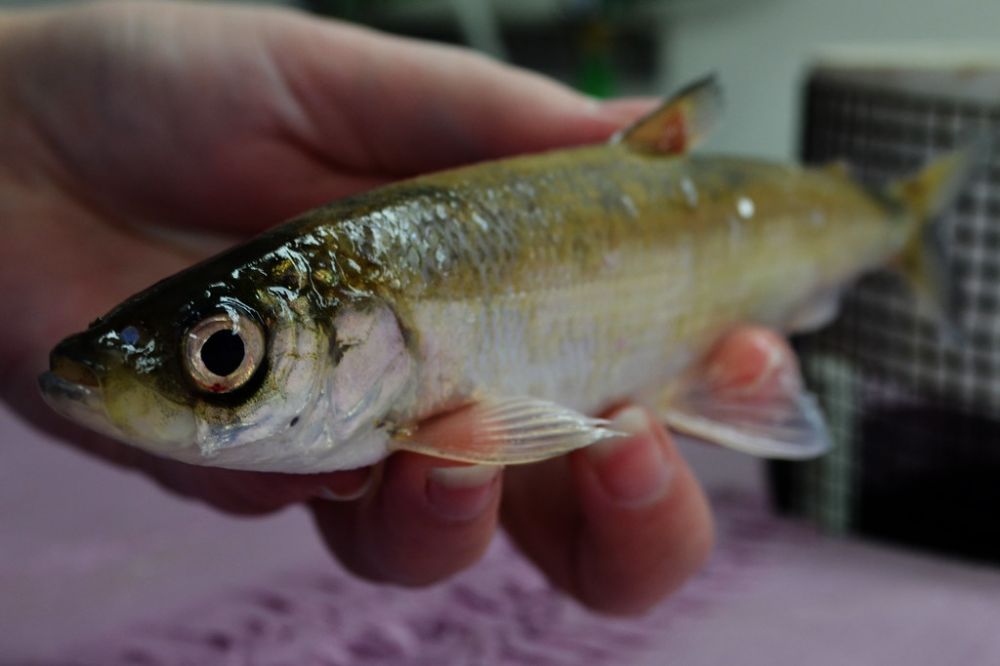
The Bloater fish belongs to the Salmonidae family. It has a maximum length of 37 cm for an average size of 25 cm. It has a maximum lifespan of 10 years. It spawns all year round with a peak in fall or winter. It can be fished all year round. The bloater is a small silvery white fish with a pink and purple iridescence. It has a greenish hue above and a whitish belly. It is very similar to kiyi, which distinguishes it by its lighter upper lip and smaller eye. Its body is deepest in its middle, its fins are small and pale and it has 40-47 gills.
The Bloater fish is a famous fish you can catch in Hubbard.The Largemouth Bass
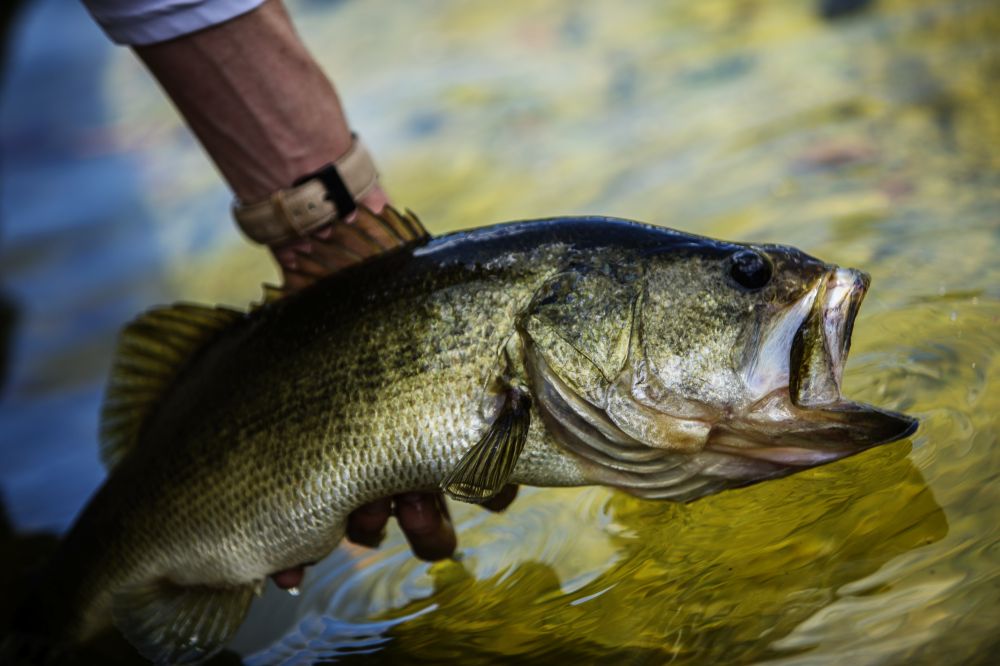
The Largemouth Bass belongs to the Centrarchidae family. It has an average size of 45 cm but may reach 60 cm. The maximum recorded weight was 10,09 kg. It has a lifespan of 6 years. It breeds between February and July. It can be fished all year round. Largemouth bass has a large mouth with a slightly oblique mouth. Its body is thin to robust, slightly flattened laterally and of oval cross-section. The corner of the mouth extends beyond the eye. The back and head are dark green to light green in color with lighter sides and a whitish belly and underside. A large lateral band can be seen from the snout through the eyes to the base of the tail. Towards the tail, there is a series of spots of different sizes. These spots become a solid and uniform band on the caudal peduncle. The eye is golden brown. Vertical fins slightly pigmented, generally clear paired fins; caudal fin in young and adult. Adults in muddy lakes are dark olive brown to black, with marks that are difficult to distinguish. Males in breeding condition tend to be darker in color.
The Largemouth Bass is a famous fish you can catch in Hubbard.The Chum Salmon
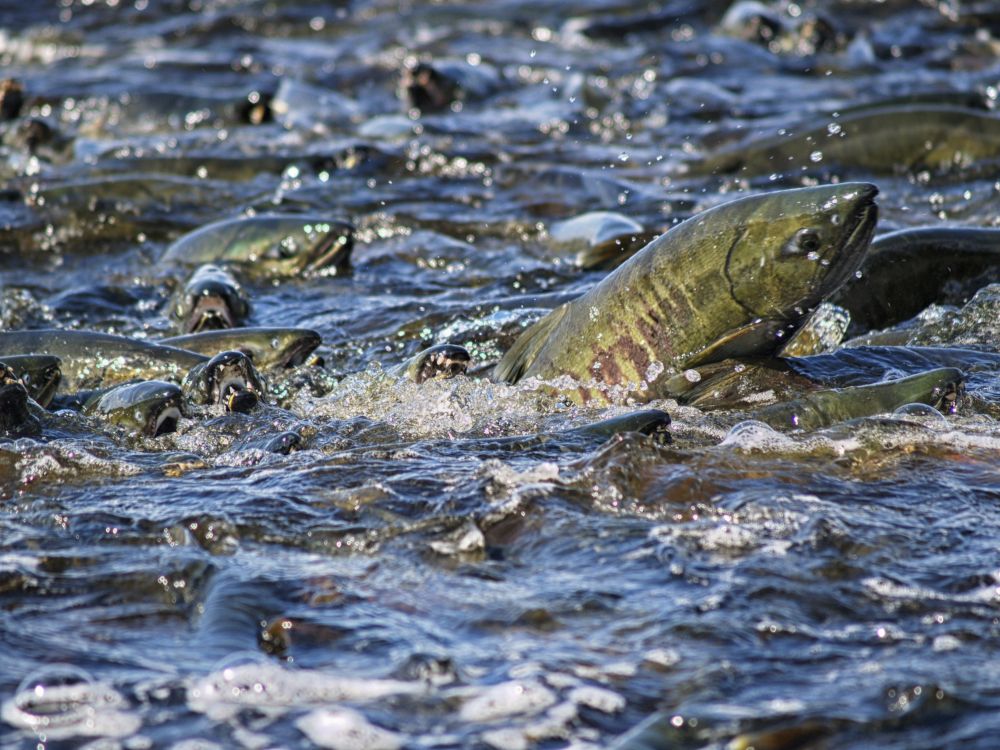
The Chum Salmon belongs to the Salmonidae family. It can reach 100 cm for a maximum weight of 15 kg. It has a lifespan of 3 to 5 years. The breeding period depends on the location. It can be fished all year round. The body of chum salmon is deeper than most salmonidae species. Like other species in the Pacific, the anal fin has 12 to 20 rays, compared to a maximum of 12 in European species. The chum salmon has a silvery blue-green coloring with some indistinct spots in a darker shade and a rather paler belly. When they move in fresh water, their color changes to dark olive green and the belly color intensifies. When adults are about to spawn, they have purple streaks near the caudal peduncle, darker towards the tail. Breeding males generally develop an extended snout or kype, their lower fins turn white and their teeth are larger.
The Chum Salmon is a famous fish you can catch in Hubbard.The Pacific Lamprey
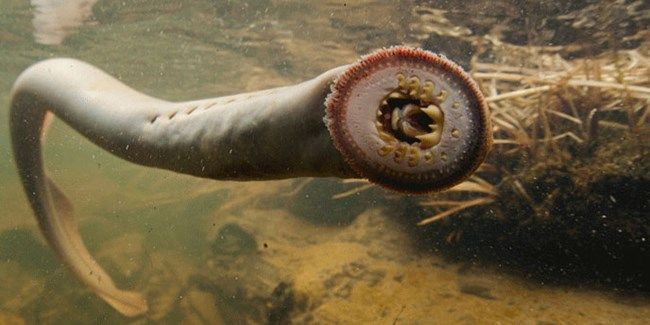
The Pacific Lamprey belongs to the Petromyzontidae family. The adult size of the pacific lamprey can reach 80 cm. It can live up to 5 years. The spawning period depends on the location. It can be caught between July and September when it enters freshwater. The Pacific Lamprey differs from other lamprey species in that it has three large, sharp anterior teeth located on the supraoral bar. Like all lampreys, they have seven breathable pores on each side of their bodies and a large suction disc that acts as a mouth. They are dark blue at the top and silver or white at the bottom. During the breeding season, Pacific lampreys turn reddish brown and the appearance of the sexes begins to differentiate as a pseudo-anal fin develops on the female. Their larvae are difficult to distinguish from those of other lamprey species.
The Pacific Lamprey is a famous fish you can catch in Hubbard.The Atlantic Sturgeon
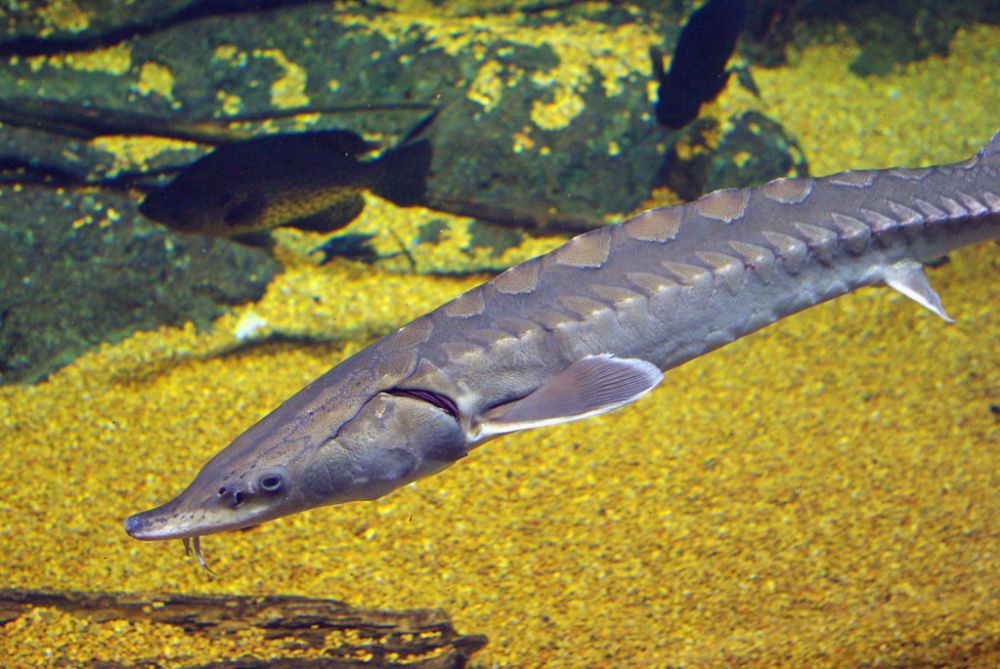
The Atlantic Sturgeon belongs to the Acipenseridae family. Its length can generally reach 3 m; its maximum length is 4.3 m. Its weight is between 150 and 200 kg; it can reach a maximum weight of 368 kg. It can live to 60 years and over. It only reproduces every 2 years. The maximum fertility rate is 3.75 million eggs. It is one of IUCN's protected species and fishing is highly regulated. It can be fished during the cool seasons. It has a snub nose, with four barbells in the front of his belly mouth. It carries five rows of bone plates on the back and sides of the body. The dorsal lobe of its caudal fin is longer than the ventral lobe. The skeleton of this bony fish is largely cartilaginous.
The Atlantic Sturgeon is a famous fish you can catch in Hubbard.Our fishing forecast of Hubbard indicates the best time to go fishing in this city.
Our fishing forecast of Hubbard indicates the best time to go fishing in this city.
Our fishing forecast of Hubbard indicates the best time to go fishing in this city.
